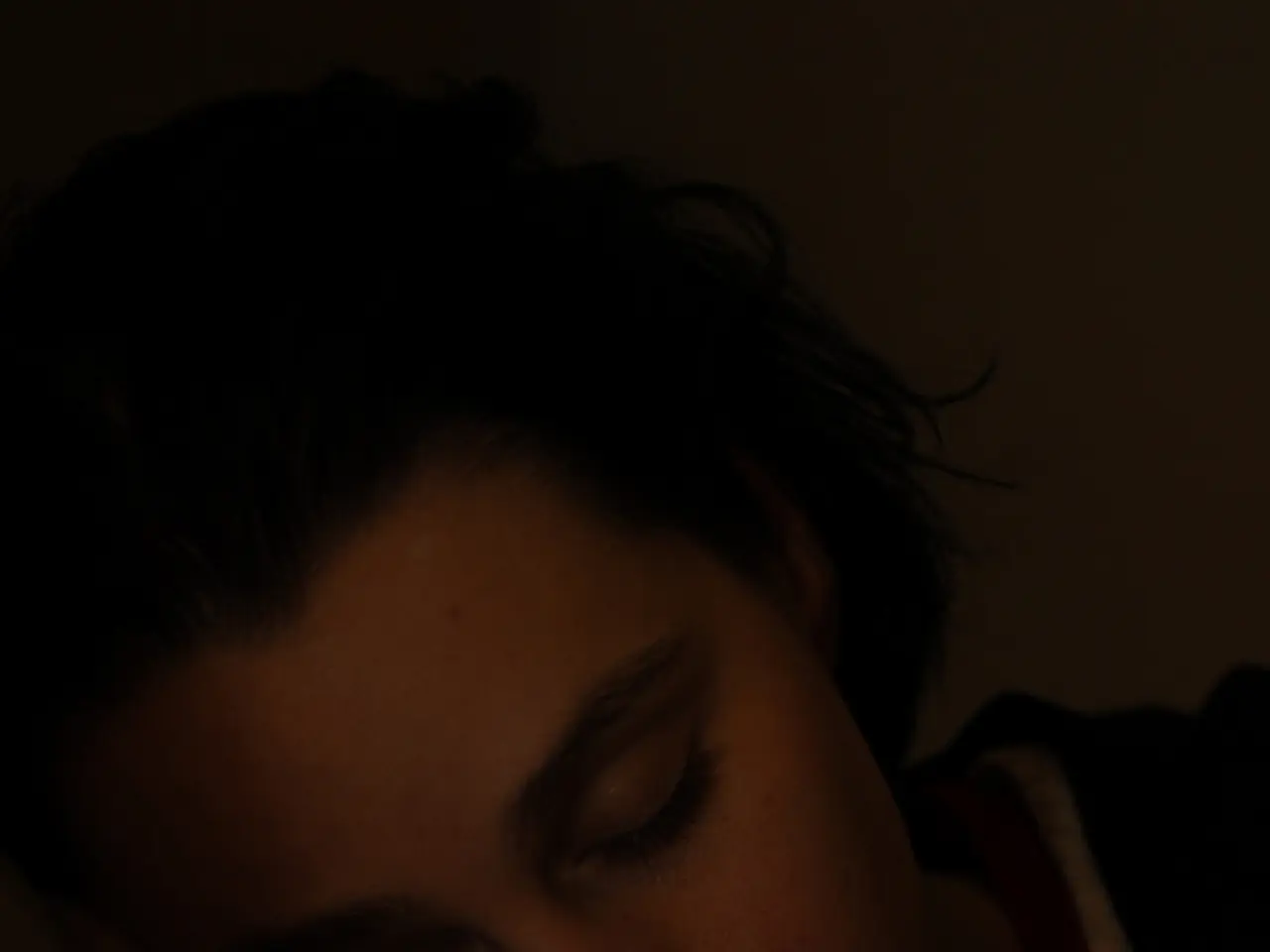MS Patients Face Higher Risk of Sleep Apnea and Other Disorders
Multiple sclerosis (MS) patients face a higher risk of various sleep disorders due to the condition's impact on the nervous system. One such disorder is sleep apnea, which can be exacerbated by difficulties in swallowing and nerve spasms common in MS. This article explores the links between MS and sleep apnea, along with other sleep disturbances and their treatments.
MS is associated with an increased risk of both obstructive sleep apnea (OSA) and central sleep apnea (CSA). OSA is characterized by frequent pauses in breathing during sleep, followed by sudden gasps for air. This is often due to changes in brainstem function caused by demyelinating lesions in MS patients. Obesity, another known risk factor for OSA, can also contribute to the increased prevalence of sleep apnea in MS patients.
In addition to sleep apnea, MS patients often experience periodic limb movement disorder (PLMD) and restless leg syndrome (RLS). PLMD is marked by involuntary movements of the body during rest, which can disrupt sleep. RLS, on the other hand, causes uncomfortable sensations in the legs and an urge to move them, often worsening at night.
Nocturia, the frequent need to urinate during the night, is another common sleep problem among MS patients. Overactive bladder medications can help regulate bladder muscles and reduce the urge to urinate, providing relief from nocturia.
For managing hypersomnia, or excessive daytime sleepiness, in MS patients, medications like modafinil and amantadine are commonly prescribed. These can help reduce sleepiness and improve quality of life.
MS patients are at a higher risk of various sleep disorders, including sleep apnea, PLMD, RLS, and nocturia. Understanding these associations is crucial for effective management and treatment. While medications can help alleviate symptoms, further research is needed to better understand and address the complex relationship between MS and sleep disorders.
Read also:
- Rise in Flu Cases: Timing and Reasons Explored by Medical Experts for Flu Vaccination
- Nursing Infants: Advantages, Factors to Ponder, Guidelines, Essential Gear
- Anticipated Increase in Uninsured Residents to Pose Challenge for Local Healthcare Infrastructure
- Accusations of poor care and supposedly poor hygienic standards at LaSalle Hospital






